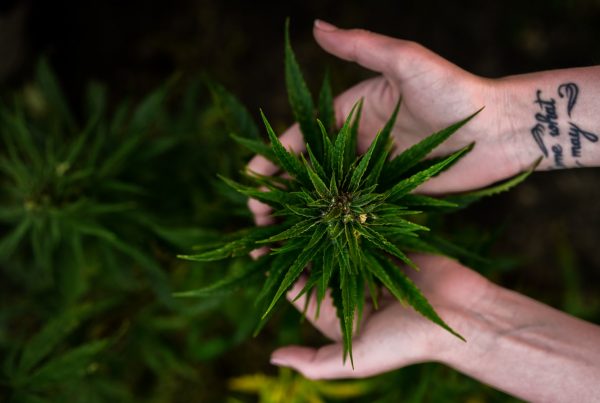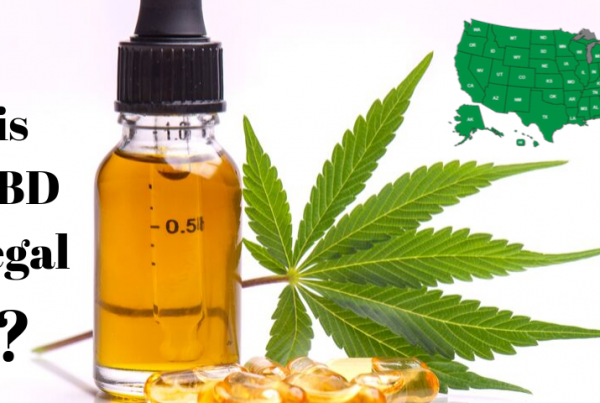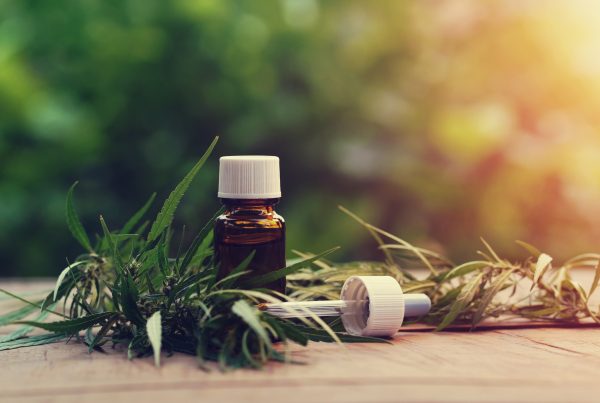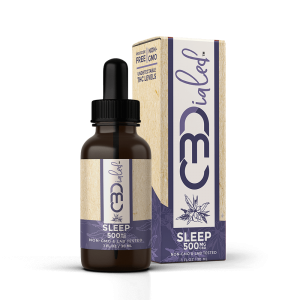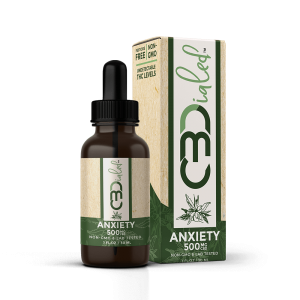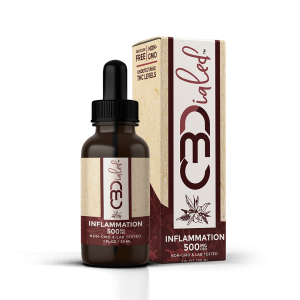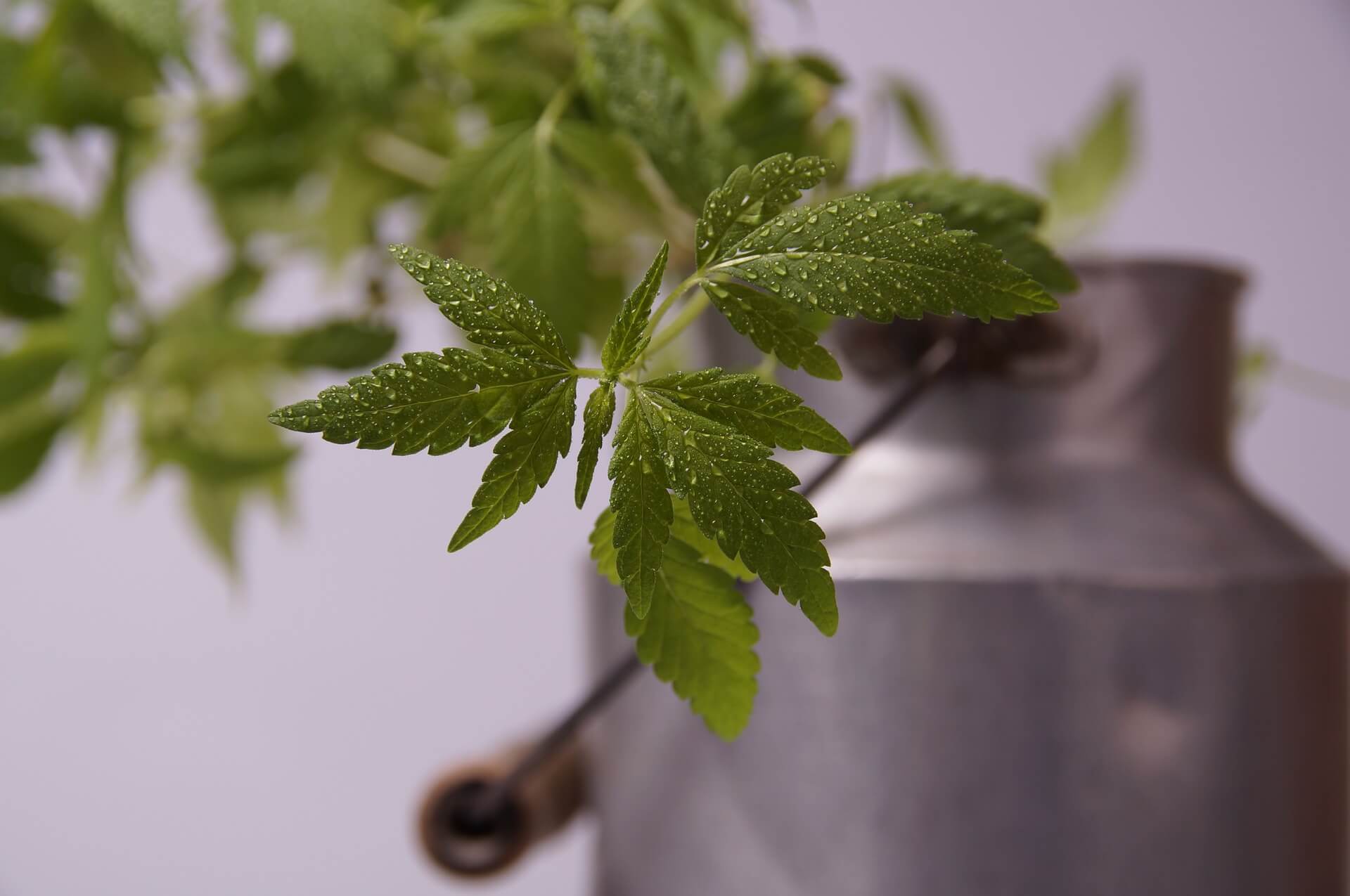
One of the most frequently asked questions about CBD is does CBD show up on a drug test? The number of employers that are testing for the presence of cannabis or THC is decreasing as legalization efforts continue to pass across in states across the country. There are a few factors that play a role in whether your CBD product will give you a positive THC result on a drug test.
What do Drug Tests Look For?
Drug tests are designed to detect THC, even trace amounts. The tests are also designed to show the presence of other substances such as opioids, alcohol, cocaine, heroin and other harsh drugs. When it comes to cannabis, drug tests are designed to look for THC and its metabolites, which can remain in your system for an extended period of time.
That time, however, varies from person-to-person due to several factors. THC can remain in your body’s fat cells for 30-days or longer depending on your frequency and quantity of use. If your body weight has fluctuated, it may also play a role in THC being detected.
Typically, drug tests are not looking for CBD. Some companies do test for the presence of cannabinoids now. If you work for a company that tests for a battery of cannabinoids and not just THC, CBD may show up.
How Drug Tests Work
Drug tests are designed to look for THC and/or THC metabolites. Each type of drug screening will search the sample for either the THC cannabinoid itself or its metabolites. For example, urinalysis tests screen for metabolites. There are screenings available in today’s technology that can detect the presence of cannabinoids, so it is a good idea to keep your proof of purchase handy to prove that you have used a hemp-derived CBD product. Some employers may bypass these test results, but some do have zero-tolerance policies in place.
Urine Screenings
Urinalysis is the most popular drug testing method used by employers as it is the most cost effective and returns the fastest result. In this type of test, the test strip will look for a THC metabolite called THC-COOH. This is a fat soluble metabolite. This metabolite can be present in your urine for up to 3 weeks if you were a frequent, heavy user.
When it comes to THC use in general, it can typically be detected in urine for between 2 and 5 days if you are a rare user. Those that are frequent or daily users, it may be 30 days or more before you will return a clean drug test.
It is important to note that a urinalysis only detects the presence of a metabolite, not an actual drug. It can’t tell an employer or law enforcement official if you’re impaired from THC use.
If you are unsure if you can pass a drug screening, consider purchasing a home drug test first.
Hair Follicle Tests
Hair follicle tests are uncommon. A single hair follicle of 1.5-inches in length or less can hold THC metabolites for up to 90 days. What happens when you use or are exposed to cannabis, THC metabolites embed themselves within the hair shaft. So, if you are an occasional user or were just around someone that was using cannabis, THC may not be detected.
Saliva Tests
If a saliva test is administered it does detect the presence of THC. THC metabolites are not active, so they are not detected in this manner. A saliva test can really only determine if you have used a THC product within about 2 hours of use.
Blood Tests
Blood does carry THC. If you are a rare user, it may only remain detectable in your blood for up to 24-hours. In heavier users, THC may be detectable in blood for as many as 7 days. In heavy, daily users, it could be longer.
Employers typically don’t require blood testing as it is an expensive test. These tests are more likely to be requested for criminal proceedings and DUI cases.
THC vs. CBD
THC and CBD are the most present cannabinoids in cannabis and hemp. In hemp, CBD takes center stage. In cannabis plants, THC has the spotlight.
The molecules of each compound look similar under a microscope. THC can bind to CB-1 receptors to alter the behavior and action of neurons. CB-1 receptors are mostly located in the brain. CBD cannot bind to these receptors. CBD does not cause intoxication (feeling high) because it does not alter the behavior or action of neurons in the brain.
CBD and THC can both bind to CB-2 receptors.
When CBD and THC are both used, especially if the THC concentration is larger, CBD may reduce the intoxicating effects of THC.
Because CBD does not cause any intoxicating or mind-altering effects, employers don’t bother to test for it.
CBD and False Positive Drug Screening Results
CBD itself will not trigger a positive drug test. If your CBD product contains THC, it is possible that a false positive result could occur. So, even if you do not use cannabis, using a product that contains trace amounts of THC may still allow the metabolite or the cannabinoid itself to be detected.
Those that ingest large doses of CBD regularly, such as 1,000 mg or more a day, may be more susceptible to a false positive drug test.
Is there THC in CBD Products?
Some CBD products do contain small amounts of THC. It is important to read product descriptions and labels prior to using a CBD product. Depending on the laws of your home state, some CBD products may contain as much as 5% THC. It is common for CBD products to contain around 0.03% THC, which is permissible in most areas.
It is more likely to see THC presence in full spectrum CBD products. CBD isolates and distillates may be THC-free.
Final Thoughts
To answer the question, does CBD show up on a drug test – the simple answer is, no. As we mentioned, drug tests are looking for THC and not CBD, so unless your CBD product contains THC, your drug screening should come back negative. As suggested above, consider giving yourself an at-home drug test. These tests are available at most major pharmacies and are affordable. Testing yourself ahead of time may prevent you from being surprised by unexpected results.

